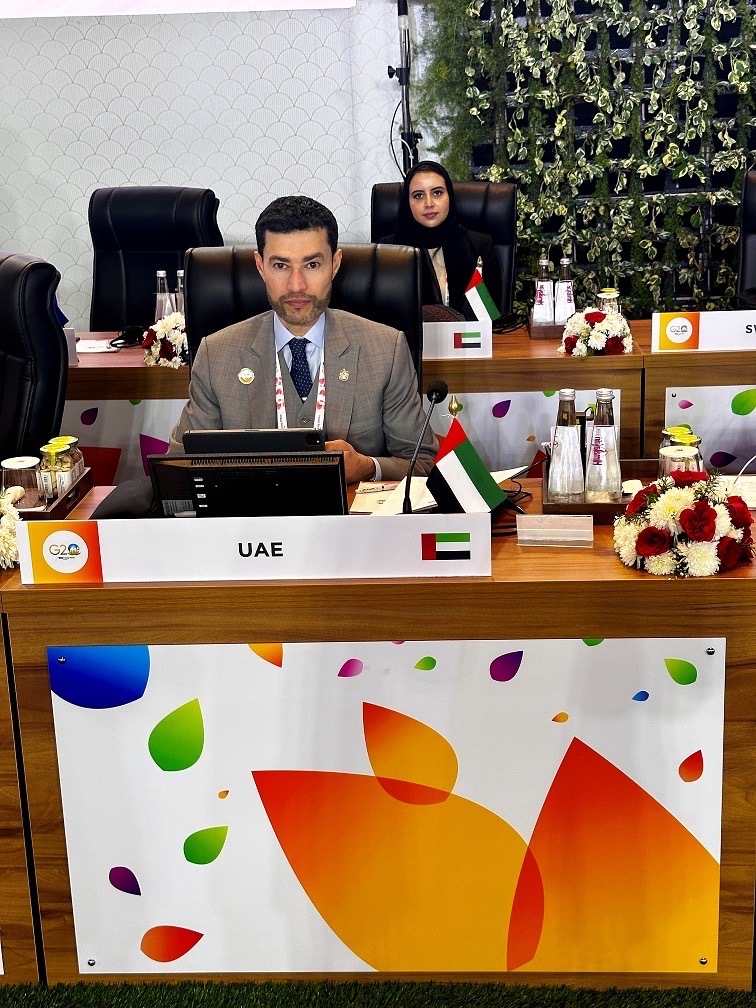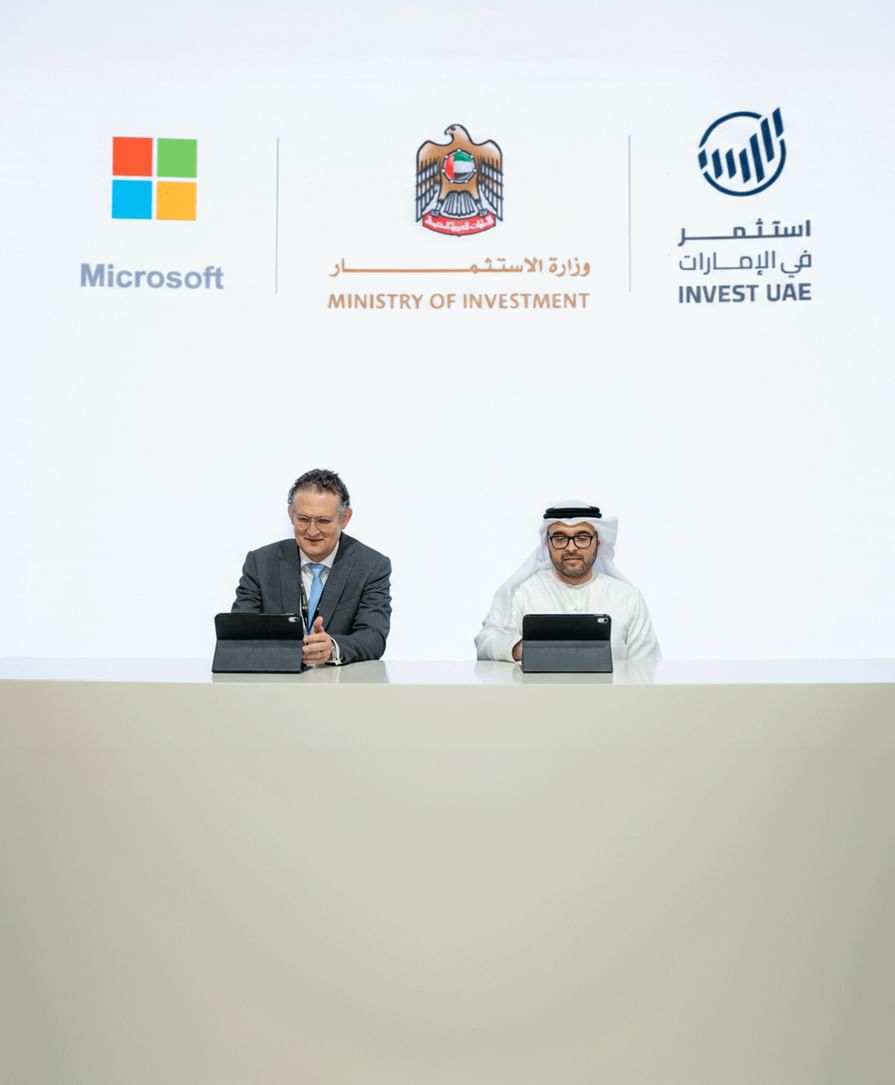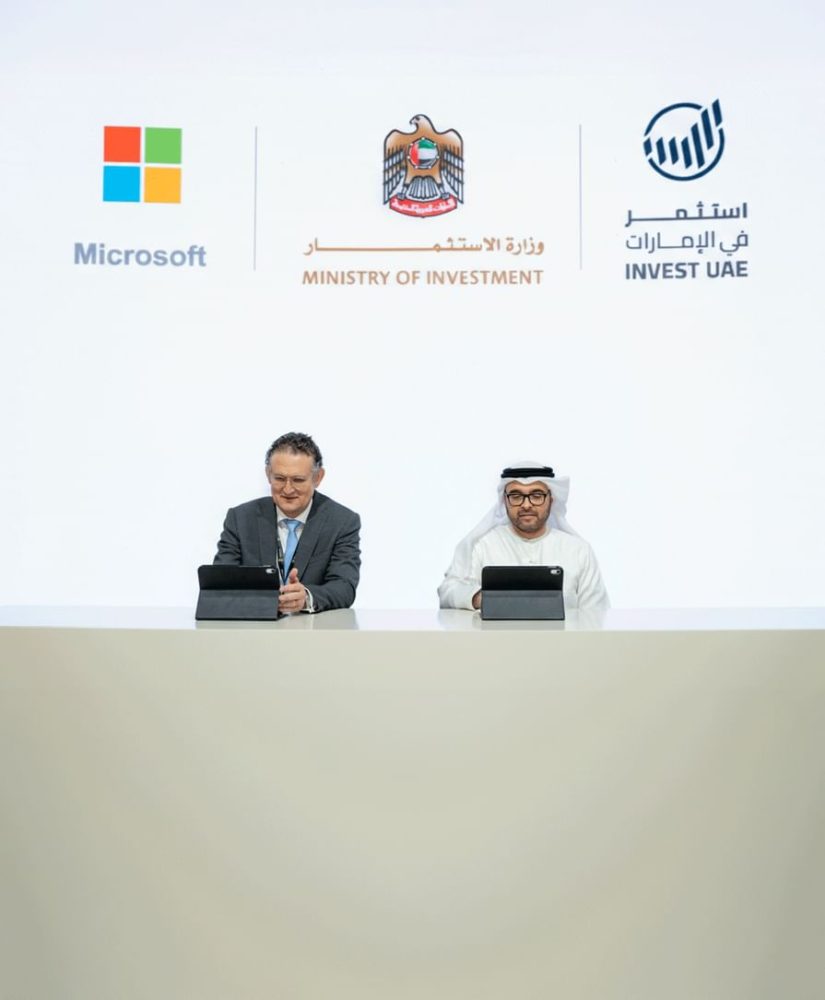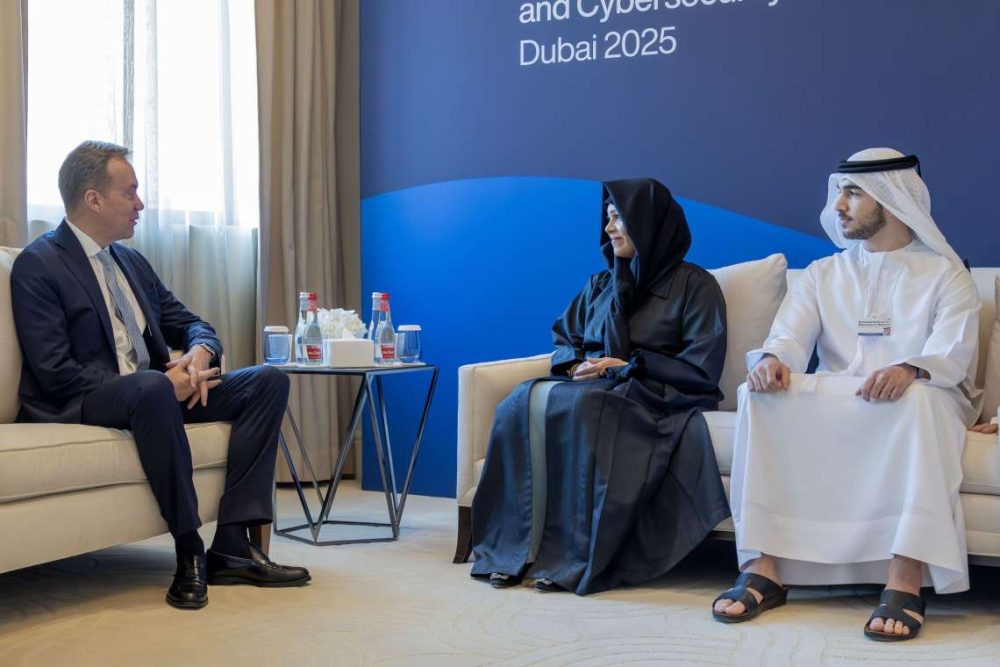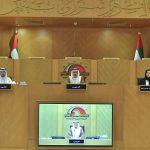During his intervention, Al Hussaini thanked the Indian presidency for the warm welcome and the hospitality…reports Asian Lite News
Mohamed Hadi Al Hussaini, Minister of State for Financial Affairs, headed the UAE delegation participating in the first G20 Finance Ministers and Central Bank Governors (FMCBG) meeting in 2023.
Held for the first time under the Indian presidency in Bengaluru, the meeting discussed the progress under the G20 priorities set by the Indian presidency for the year 2023 in light of the current global challenges, and means of bolstering international cooperation to advance the G20 priorities and goals.
The UAE delegation included Younis Haji Al Khoori, Under-Secretary of Ministry of Finance; Ebrahim Al Zaabi, Assistant Governor for Monetary Policy and Financial Stability at the Central Bank of the UAE; Hamad Al Zaabi, Director of the Office of Minister of State for Financial Affairs; Thuraiya Al Hashmi, Director of International Tax Department at the Ministry of Finance; and Fares Al Kaabi, Senior Analyst, Research and Statistics Department. The meeting was held in the presence of Ministers of Finance, Central Bank Governors, Finance and Central Bank Deputies from G20 members, invited countries and members of international organisations, including the Organisation for Economic Co-operation and Development (OECD).
During his intervention, Al Hussaini thanked the Indian presidency for the warm welcome and the hospitality. He reiterated the importance of a globally coordinated multilateral action to promote climate finance, as well as strengthening joint international action to set goals and draw strategies that would best facilitate financing and investments needed to combat climate change and mitigate its repercussions.
With regard to infrastructure priorities, Al Hussaini noted that the UAE has focused on building cities that bridged digital gaps by leveraging 5G and AI to provide safety and enhance social cohesion; and enable the UAE to reduce emissions in line with its global climate change commitments. “We have leveraged private sector participation in the development of smart cities through collaborative models that incentivise private sector involvement in areas such as clean energy, green buildings and ICT infrastructure development, which we believe to be all critical enablers for the future cities of tomorrow,” he said.
Talking about global economic challenges, Al Hussaini explained that “the UAE’s economy continues to withstand global effects, where we expect to achieve 4.2 percent of non-oil economic growth by the end of this year. On a global scale, there remains an immediate need for policy coordination to minimise vulnerabilities and promote food and energy security.”
On the international tax agenda, he lauded the progress made on OECD/G20 Inclusive Framework on Base Erosion and Profit Shifting (BEPS), welcomed the work produced under the Two-Pillar Solution. He also noted the significance of considering the different levels of tax systems maturities across countries.
In regard to the Joint Finance and Health Taskforce multi-year plan, Al Hussaini welcomed the proposed priorities including the direction to develop the Economic Vulnerabilities and Risks Framework, which will be key to informing resource mobilisation in line with the objectives of the Pandemic Fund. During the FMCBG meeting, the members discussed several areas of importance such as global economic challenges, global financial stability, infrastructure priorities for future-ready cities, sustainable finance, digital financial inclusion, global health priorities and international taxation.


